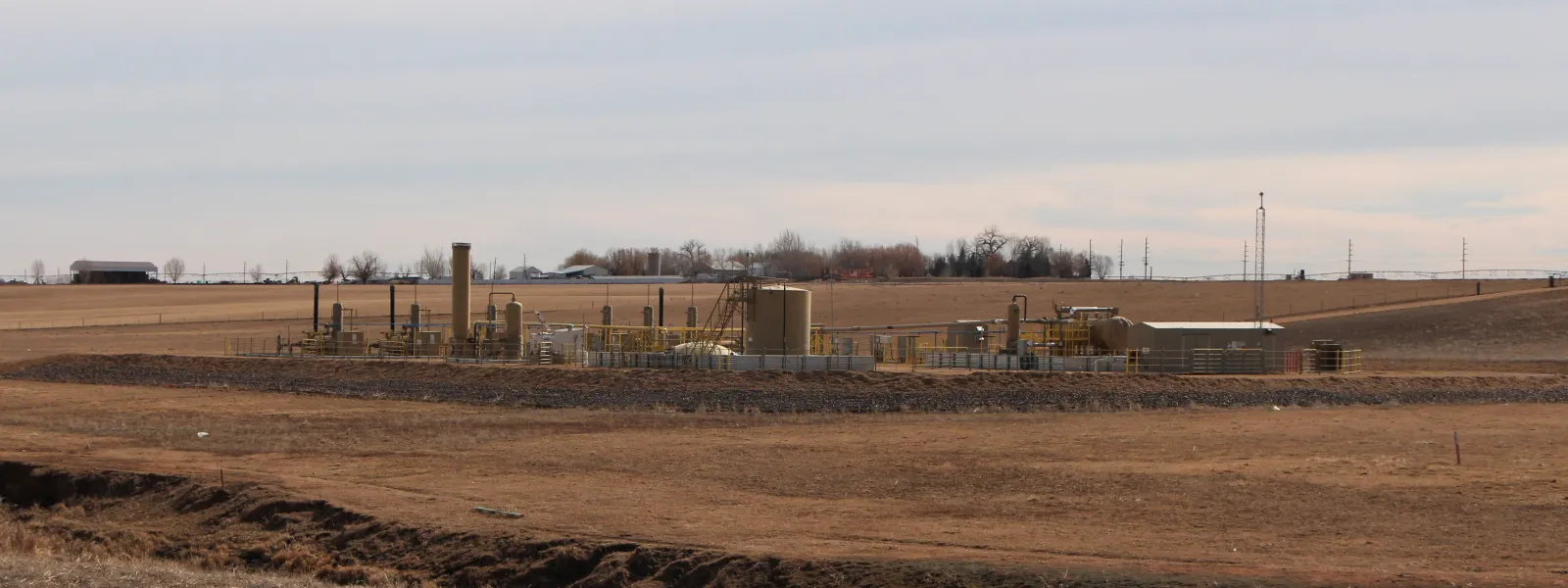
The Precautionary Principle: A legal tool against the impacts of fracking
This report analyzes the viability of using the precautionary principle to prevent, avoid or stop fracking operations in Latin America. These measures can result in prohibitions or moratoriums, as has occurred in various states, provinces and cities across America and Europe.
Fracking is a technique that enables the exploration of historically inaccessible reservoirs of natural gas or petroleum. Governments and businesses across the world have pushed for the exploration of these reservoirs due to declining global reserves of conventional hydrocarbons, thanks to 150 years of overexploitation. The exploitation of unconventional hydrocarbons is technically more difficult, has a higher economic cost, and implies greater risks to the environment and public health.
Promoting fracking to extract unconventional hydrocarbons is a bad decision on climatic, political, social and environmental levels. It deepens our dependence on fossil fuels and wastes energy and resources that should be directed at developing renewable energies.
That's why we felt it important to examine the viability of applying the precautionary principle as a legal tool to avoid or slow down the risks and damages caused by fracking, particularly in countries that have begun or are planning to begin fracking in coming years.
Read and download the report (in Spanish)
